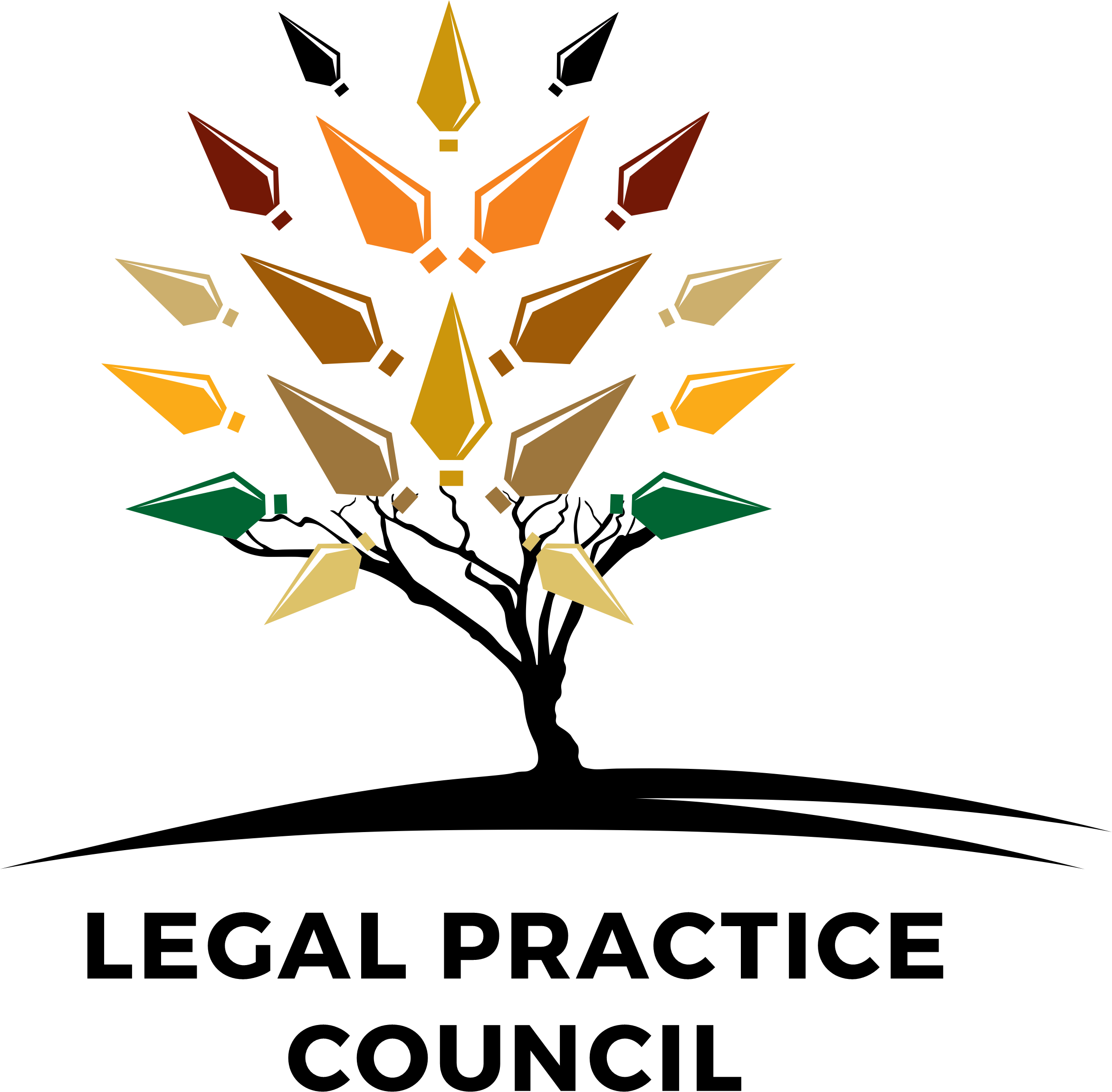Tax Practitioners Registration
1. BACKGROUND
- Chapter 18 of the Tax Administration Act (hereafter, referred to as the Act) was promulgated in 2012. To implement it SARS published in 2013, the Criteria for the Recognition of Controlling Bodies (hereafter, referred to as RCBs) by the Commissioner, which includes the minimum requirements for an individual to register as a tax
- To ensure that taxpayers receive advice in line with tax Acts and professional services from tax practitioners, all tax practitioners regardless of the RCBs they are registered with, should have the same minimum professional and behavioural
2. REQUIREMENTS FOR THE REGISTRATION OF TAX PRACTITIONERS
- Only a natural person may be registered as a tax
- A natural person may be registered as a tax practitioner if he/she:
- is registered with the Legal Practice Council (hereafter, referred to as the LPC) as a legal practitioner,
- meets the qualification requirements as stipulated in the Legal Practice Act, plus at least 1 year’s tax related working experience,
- from 1 July 2022, successfully passed the assessment of the SARS Tax Practitioner Readiness Programme. The pass rate is 90%,
- meets the requirements as set out in the Legal Practice Act, for criminal records, and
- is tax compliant at the time of registration and has been tax compliant for at least 6 months in the preceding 12 months
- A natural person may not be registered as a tax practitioner if he/she, during preceding five years,
- has been removed from a related profession by a controlling body for serious misconduct,
-
- theft, fraud, forgery or uttering a forged document, perjury or an offence under the Prevention and Combating of Corrupt Activities Act, 2004 (Act No. 12 of 2004); or as been convicted (whether in the Republic or elsewhere) of the following for which the person has been sentenced to a period of imprisonment exceeding two years without the option of a fine or to a fine exceeding the amount prescribed in the Adjustment of Fines Act, 1991 (Act No. 101 of 1991):
- any offence involving dishonesty,
- has been convicted of a serious tax
- A natural person may not be registered as a tax practitioner if he/she during the preceding 12 months has for an aggregate period of at least six months not been tax compliant to the extent referred to in section 256 (3) and has failed to demonstrate that he or she has been compliant for that period, or remedy the non-compliance, within the period specified in a notice by
- If prosecution for a serious tax offence has been instituted but not finalised against a person and if the person continues with the commission of a serious tax offence after the criminal proceedings have been instituted, the person may not be registered as a tax practitioner.
3. REGISTRATION PROCESS
- Tax practitioners will not be able to register using a manual process any longer and are only allowed to register electronically on e-Filing.
- In order to register as a tax Practitioner:
- One must have an active tax reference number
- One’s name must reflect on the Taxpayer list, and
- One must be an Individual
3.3. Who should register as a tax practitioner?
- A natural person who:
- Provides advice to any other person about the application of a tax Act; or
- Completes or assists with the completion of a return for another person
- For more information look at the SARS website Registration Process for Tax Practitioners on the
3.4.What are the requirements in order to register as a tax practitioner?
- Registration is a dual process between the RCB and the Tax Practitioner
- To register as a tax practitioner, you must meet the following requirements:
- You must belong or have registered to or fall under the jurisdiction of a Recognised Controlling Body as referred to in S240A of the Tax Administration Act.
- Tax Compliance – to provide us with a tax clearance certificate
- Qualification and experience – Have the minimum qualifications and experience as stipulated in the Legal Practice Act, plus at least 1 year’s tax related working experience by providing a sworn affidavit from the legal practitioner attesting to details of experience.
- Criminal Verification – Have no criminal convictions for the offences described in s 240(3) of the Tax Administration Act. Legal practitioner to provide a criminal verification report
- Code of conduct – An assessment will be conducted via our records department to verify whether an LP is in good standing – From 1 June 2022, RCBs are required to notify SARS as and when they dismissed a member due to gross misconduct. This enables the establishment of a centralised register held by SARS.
- Continuous Professional Development – Participate in continuous professional development programmes set by your Recognised Controlling Body.
- SARS to facilitate the Readiness assessment programme:
- LPC to inform SARS via email
- SARS to send assessment link to the individual
- Once a person has completed the assessment, he/she needs to inform SARS for the paper to be marked. SARS will then provide LPC with assessment results to complete the registration
- In the event that a person passed the assessment, and the person meets all other requirements. The LPC then submit the person’s details on e-Filling. Once the submission was successful, LPC needs to inform the person to register him/herself on e-Filling as a tax practitioner by following the steps in the Module 3 of the programme.
- However, if a person failed the assessment, he/she may take the assessment again given 3 times.
